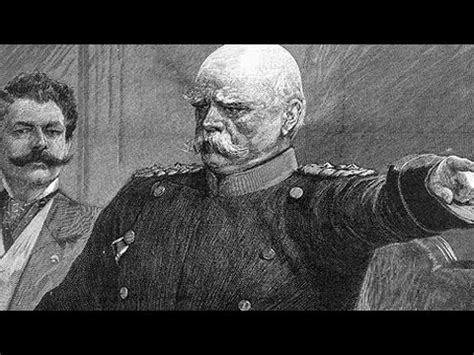What Was The Purpose Of The Berlin Conference

The Berlin Conference, held from November 1884 to February 1885, was a pivotal event in world history that aimed to regulate the European colonization of Africa. The conference was convened by Otto von Bismarck, the Chancellor of Germany, with the primary objective of resolving the competing interests of European powers in the African continent. At the time, Africa was a vast and largely unexplored territory, with various European nations, including Britain, France, Germany, Belgium, Italy, and Portugal, seeking to establish their dominance over its rich resources and strategic territories.
Background and Motivations

The scramble for Africa had been intensifying in the late 19th century, with European powers competing for control over the continent’s territories, resources, and trade routes. The conference was prompted by the need to prevent conflicts between European powers and to establish a framework for the colonization of Africa. Bismarck, who had previously been skeptical of colonial expansion, saw an opportunity to use the conference to promote German interests and to prevent the exclusion of Germany from the colonial sphere.
Key Objectives and Outcomes
The Berlin Conference had several key objectives, including the establishment of rules for the colonization of Africa, the recognition of the sovereignty of African states, and the promotion of free trade and navigation in the Congo River basin. The conference resulted in the signing of the Berlin Act, which recognized the principle of European sovereignty over African territories and established the “scramble for Africa” as a legitimate and regulated process. The act also established the Congo Free State, a large territory in central Africa that was placed under the control of King Leopold II of Belgium.
| European Power | African Territory |
|---|---|
| Britain | Egypt, Sudan, Kenya, Uganda, and South Africa |
| France | West Africa, Equatorial Africa, and Madagascar |
| Germany | Tanganyika, Rwanda, and Burundi |
| Belgium | Congo Free State |
| Italy | Eritrea, Somalia, and Libya |
| Portugal | Angola, Mozambique, and Guinea-Bissau |

Key Points
- The Berlin Conference was convened to regulate the European colonization of Africa and to prevent conflicts between European powers.
- The conference established the principle of European sovereignty over African territories and recognized the Congo Free State as a legitimate entity.
- The conference had significant consequences, including the displacement and marginalization of African populations, the destruction of traditional societies, and the imposition of foreign systems of governance and economy.
- The conference marked a significant turning point in the history of Africa, as it legitimized the colonization of the continent and paved the way for the exploitation of its resources by European powers.
- The conference also established the rules for the colonization of Africa, including the recognition of the sovereignty of African states and the promotion of free trade and navigation in the Congo River basin.
Legacy and Impact

The Berlin Conference had a profound impact on the history of Africa, as it marked the beginning of the “scramble for Africa” and the colonization of the continent by European powers. The conference also had significant consequences for the African people, including the displacement and marginalization of populations, the destruction of traditional societies, and the imposition of foreign systems of governance and economy. Today, the legacy of the Berlin Conference continues to be felt, as many African countries struggle to overcome the legacy of colonialism and to establish their own systems of governance and economy.
Critique and Controversy
The Berlin Conference has been widely criticized for its role in the colonization of Africa and the exploitation of its resources by European powers. Many have argued that the conference was a prime example of European imperialism and that it marked the beginning of a period of exploitation and oppression for the African people. Others have argued that the conference was a necessary step in the development of Africa, as it brought stability and order to the continent and paved the way for the introduction of modern systems of governance and economy.
What was the primary objective of the Berlin Conference?
+The primary objective of the Berlin Conference was to regulate the European colonization of Africa and to prevent conflicts between European powers.
What were the key outcomes of the Berlin Conference?
+The key outcomes of the Berlin Conference included the establishment of the principle of European sovereignty over African territories, the recognition of the Congo Free State, and the promotion of free trade and navigation in the Congo River basin.
What were the consequences of the Berlin Conference for the African people?
+The consequences of the Berlin Conference for the African people included the displacement and marginalization of populations, the destruction of traditional societies, and the imposition of foreign systems of governance and economy.
In conclusion, the Berlin Conference was a significant event in world history that marked the beginning of the “scramble for Africa” and the colonization of the continent by European powers. The conference had far-reaching consequences, including the displacement and marginalization of African populations, the destruction of traditional societies, and the imposition of foreign systems of governance and economy. Today, the legacy of the Berlin Conference continues to be felt, as many African countries struggle to overcome the legacy of colonialism and to establish their own systems of governance and economy.



